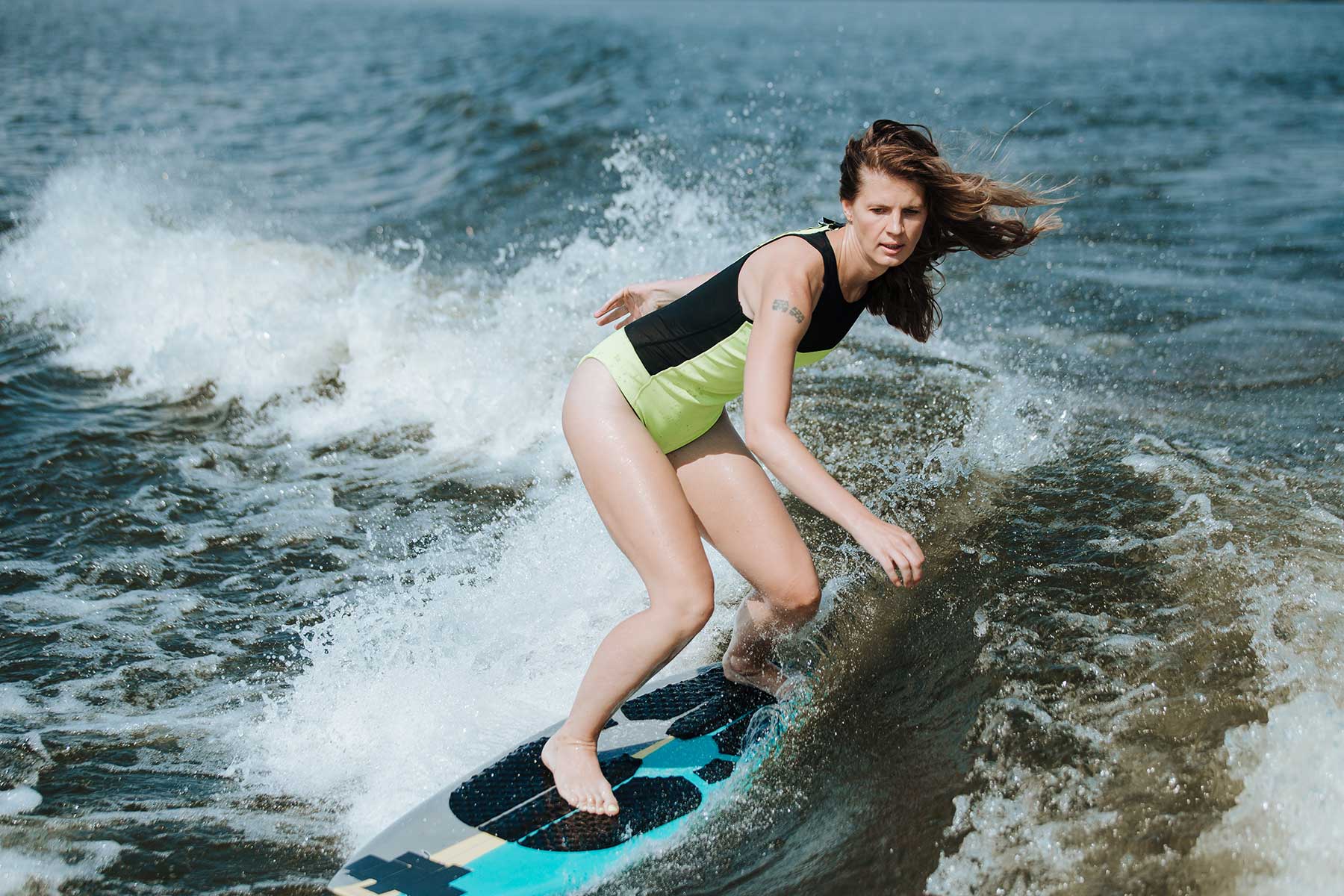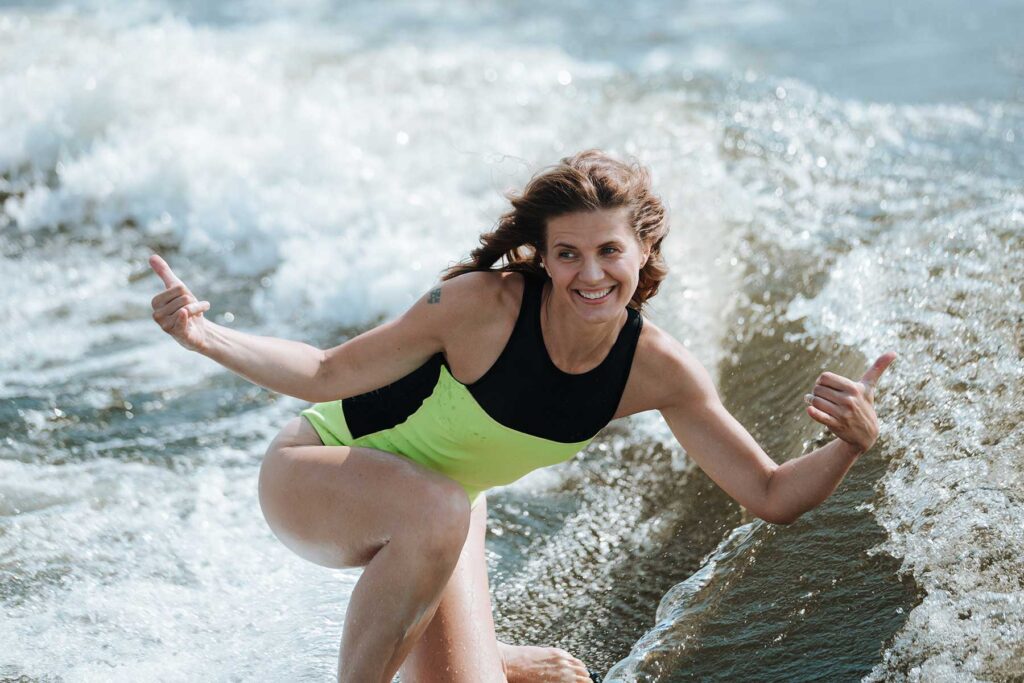
Water for Sports: Essential Hydration for Athletic Performance
Regarding sports and physical exercise, water is among the most crucial components of performance, recovery, and general well-being. To perform at their best, athletes must keep their bodies in proper water balance—hydration. Along with helping to control body temperature, water supports muscle performance, increases endurance, and hastens recovery. This all-encompassing guide on water for sports will discuss the value of hydration, how much water athletes need, and the best practices to keep hydrated before, during, and after exercise.
Why Water for Sports: Essentiality
- Control of Body Temp
In sports, water mainly serves as a temperature regulator. Athletes start to sweat as their bodies create heat during physical exercise. Water makes up most of the sweat; it helps the body cool. Hydration guarantees that your body can keep sweating efficiently, preventing overheating and lowering the risk of heat stroke or heat exhaustion. Your body will fight to control its temperature without enough water, compromising performance and general safety.
- Enhanced Performance and Resilience
Maintaining energy levels during exercise depends heavily on water. Even at modest levels, dehydration can cause tiredness, lower endurance, and compromise muscle performance. Good hydration helps to preserve blood volume, enabling ideal oxygen and nutrient delivery to muscles. Properly fuelled and oxygenated muscles can perform at their best, which will help you push through longer runs and more intense exercises.
- Quicker Recovery Following Exercise
Hydration is still crucial following an exercise or sports event. By restoring fluids lost through sweat, water aids in flushing toxins and metabolic waste products, including lactic acid, which builds up during exercise. While encouraging faster recovery so you may train more effectively, proper hydration helps reduce muscle cramps, soreness, and fatigue.
- Combined Lubrication and Damage Prevention
Additionally, keeping hydrated is vital for joint health. Water lubricates tissues and joints, lowering friction and wear. This is especially crucial in high-impact sports like running, basketball, or soccer, where joint stress is greater. Well-hydrated tissues are more flexible and better able to resist the pressure and strain generated by physical activity, lowering the possibility of joint pain, sprains, or injuries.

Really, how much water do you need for sports?
The length of the activity, intensity, weather, and personal body size all influence an athlete’s water needs. Since intense exercise causes notable fluid loss, athletes’ daily water intake recommendations generally reflect higher than those of the average person. Based on the length and kind of exercise, the following is a thorough guide on water intake:
| Activity Duration | Water Intake Recommendation | Additional Tips |
| Less than 30 minutes | 8-10 oz. of water | Drink before and after exercise to stay hydrated. |
| 30 minutes to 1 hour | 16-20 oz. of water | Sip water every 10-15 minutes during exercise. |
| 1 hour to 2 hours | 20-40 oz. of water | Include electrolyte-rich beverages to replace salts. |
| More than 2 hours | 30-60 oz. of water + Electrolytes | Consume electrolytes during long workouts to maintain balance. |
Hydration Requirements During Different Sports
- Endurance Sports (e.g., running, cycling): Athletes in endurance sports require more water to replace the fluids lost through prolonged sweating. These athletes should hydrate before, during, and after their workout sessions.
- Strength Training (e.g., weightlifting): Although strength training might not lead to as much sweat as endurance sports, it still requires hydration for muscle function and recovery. Hydrate before and after the workout.
- Team Sports (e.g., football, soccer, basketball): In team sports, hydration is critical throughout the game. Athletes should drink water during breaks to maintain peak performance and prevent fatigue.
Hydration Tips for Athletes
Pre-Exercise Liquidation
Starting your exercise or sports activity correctly and hydrated is absolutely vital. Try to sip sixteen to twenty ounces of water two to three hours before exercise. This guarantees that your body has enough fluids to last the physical exercise and is totally ready.
Hydration Throughout Work
Drink modest amounts of water often, every 10 to 15 minutes, for more than thirty-minute activities. If you are running or cycling or doing a high-intensity workout or long-duration activity, you could have to replace electrolytes in addition to water. Search for drinks high in sodium, potassium, and magnesium to support electrolyte balance.
Hydration Following Exercise
Your body has to restore the fluids lost through sweat after exercise. Drink sixteen to twenty-four ounces of water for every pound of body weight dropped during the training. If you engage in a long-term sport or a rigorous workout, consider including electrolytes in your post-exercise hydration to help muscles heal. For premium hydration solutions, explore options from Lakes Wakesurf to keep your performance at its peak.
Signs of Dehydration to Watch Out For
Dehydration can have a serious impact on athletic performance. Here are some common signs of dehydration to watch for during or after exercise:
- Thirst: A clear sign your body needs water.
- Dry mouth or skin.
- Fatigue or dizziness.
- Headache or lightheadedness.
- Dark yellow urine (indicates concentration).
- Muscle cramps or spasms.
If you experience any of these symptoms, stop and rehydrate immediately to avoid the negative effects of dehydration.
Conclusion: Water for Sports is Non-Negotiable
Water is the foundation of athletic performance and recovery. It regulates body temperature, boosts endurance, promotes recovery, and keeps muscles and joints functioning at their best. Ensuring that you stay hydrated before, during, and after your exercise is essential for maintaining peak performance and preventing injuries. Hydration should be a priority for every athlete, regardless of the sport they participate in. By following the hydration tips outlined above, you can maximize your performance and ensure that your body is well-supported in every athletic endeavor.
FAQs related to Water for Sports:
1. Why might sports performance depend on water?
Water is essential for sports performance since it helps control body temperature, increases endurance, and supports muscular action by preserving correct fluid balance, hydration guarantees that your body can function as it should during physical exercise. Athletes who lack enough water may suffer from tiredness, lower strength, and poor concentration, which can affect their performance.
2. For sports, how much water should I consume?
The length and degree of your exercise will determine the water intake required. Eight to ten ounces of water is plenty for activities lasting less than thirty minutes. Aim for 20 to 40 ounces of water during a workout lasting more than an hour; be sure to replace lost fluids with 16 to 24 ounces of water afterwards. Always modify your intake in response to your surroundings’ heat and humidity.
3. For hydration, could I substitute sports drinks for water?
Water is still the most vital hydration source, even though sports drinks can help restore electrolytes during extended, high-intensity exercise. Water is plenty enough for most workouts to keep one hydrated. Sports drinks offer sodium, potassium, and other electrolytes that support hydration and muscle function; thus, they are especially helpful for endurance sports or intense sessions lasting more than one hour.
4. What sports-related indicators of dehydration exist?
During sports, signs of dehydration include dry mouth, tiredness, vertigo, dark yellow urine, muscle cramps, and headaches. If you have any of these symptoms, stop and drink right away. Since extreme dehydration can cause heat exhaustion, poor performance, and higher injury risk, appropriate hydration should always be the first concern during physical exercise.
5. Should I start drinking before a sporting event?
Drinking sixteen to twenty ounces of water two to three hours before your sports activity will help you begin to hydrate. This helps your body absorb the fluids correctly and prepare for exercise. To maintain hydration levels, it’s also crucial to sip water often during exercise and keep drinking to replace any lost fluids afterwards.



